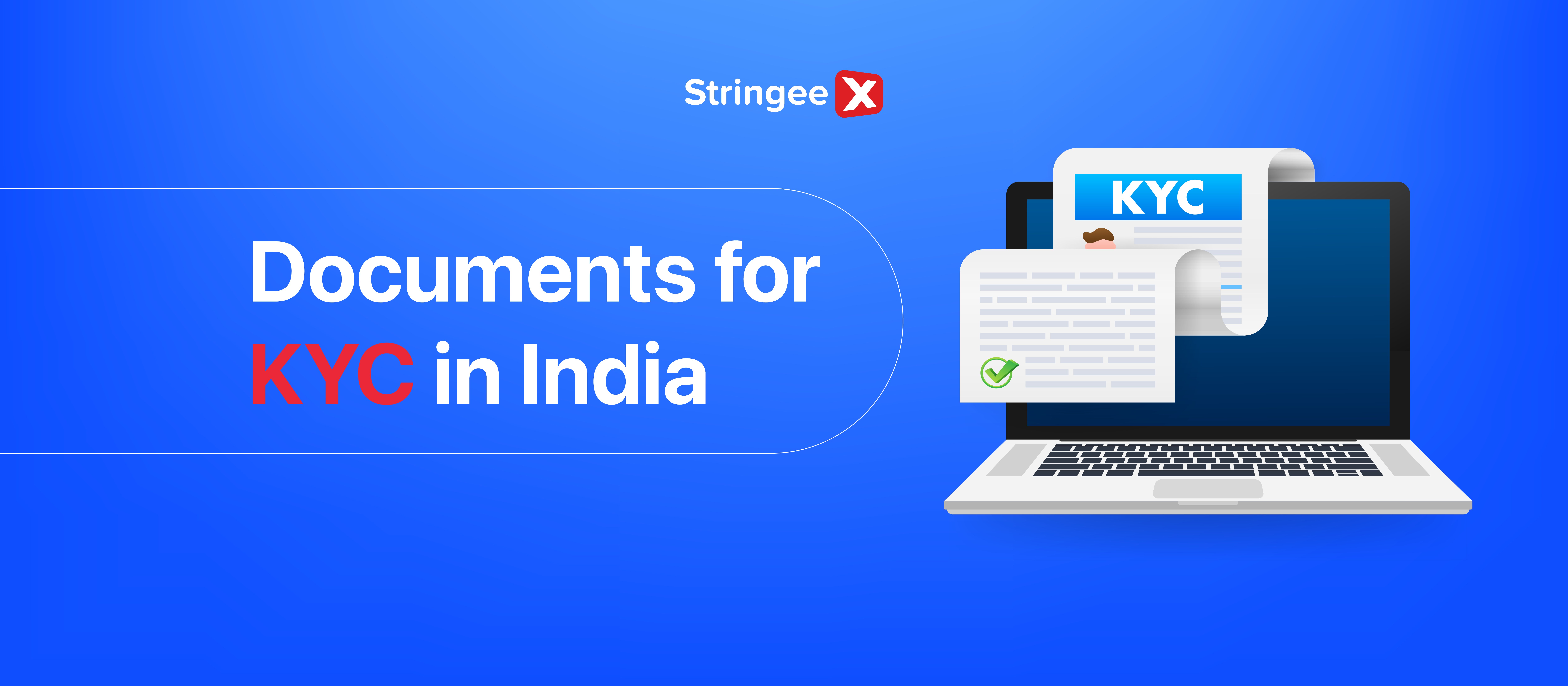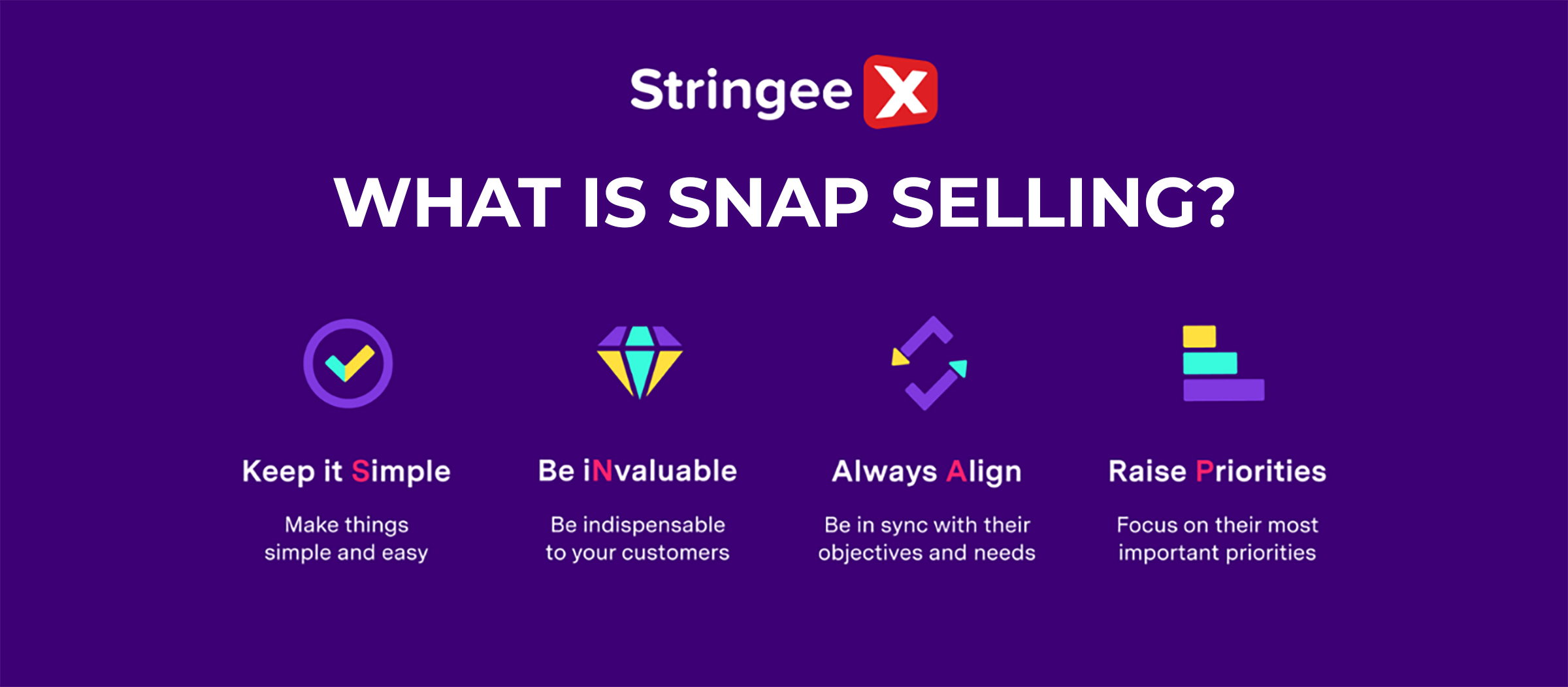Introduction
KYC, or "Know Your Customer," refers to an essential process that helps businesses (particularly in financial services) verify their clients' identities. This practice is standard worldwide, and India is no different! Keep reading to find out about the required documents for KYC in India.
3 Types of KYC in India
In India, three key KYC approaches have been established to meet the varying needs of customers:
There are three types of KYC in India (Source: Pxhere).
Aadhaar-based KYC
As the world's biggest biometric identification system, Aadhaar provides Indian residents and select foreign nationals with a unique 12-digit identification number. This number, when connected to biometric data such as iris scans and fingerprints, serves as proof of residence.
What sets Aadhaar-based KYC apart is its convenience: the entire process can be completed online. Customers simply upload a scanned copy of their Aadhaar card to a secure platform provided by their bank or financial institution. The bank will then verify the details in real time via government databases.
Furthermore, many financial institutions allow provisional access to basic banking services even before the full KYC process is completed. (as long as the customer has submitted their Aadhaar card).
Traditional KYC
For customers who prefer (or require) a more hands-on approach, traditional KYC is the more common choice. This method involves in-person verification and offers two options to complete the process:
- Customers can visit their nearest branch or financial institution, where they will present their documents and validate their identity through biometric verification (similar to the Aadhaar-based system).
- Alternatively, the KYC Registration Agency (KRA) will send a representative to the customer's home or office to collect the necessary documents and complete the verification on-site.
This method usually takes more time than Aadhaar-based KYC. Nevertheless, it is vital for individuals without internet access or for those who prefer the assurance of face-to-face verification.
Officially Valid Documents (OVDs)
Not everyone has access to an Aadhaar card - and this is where OVDs, or Officially Valid Documents, come into play. These are certified documents recognised by Indian regulations as proof of identity and address; some examples include:
- Driver's licence
- Proof of possession of an Aadhaar number
- Passport
- Elector's Photo Identity Card (EPIC)
- Letter from the National Population Register (NPR) with name/address details
- NREGA job card signed by a state government officer
Furthermore, in some instances, additional documents may be required if the address on file is outdated.
What Are The Required Documents for KYC in India?
Based on Types of Documents
To complete KYC, users are required to submit documents that fall under three key categories:
Proof of Identity
This is the first and most essential step in the KYC process. Financial institutions need to confirm who their customers are, and Proof of Identity documents are the go-to tools for this purpose. The most common forms of identification include:
Form | Description |
Pan card | Issued by the Income Tax Department, it’s an indispensable document for anyone involved in financial activities. |
Passport | A globally recognised document that doubles as proof of nationality |
Driving licence | Not just a permit to drive, but also a widely accepted form of ID. |
Aadhaar card | India’s biometric-based identification system, which provides a unique number for each citizen |
All these documents work together to create a solid verification system, giving financial organisations the confidence that they know exactly who they are working with.
Proof of Address
Equally important is to verify where the customer lives; only then can financial institutions maintain accurate records and ensure compliance with regional laws. This category comprises:
Form | Description |
Utility bills | These monthly staples (e.g., electricity, water, or gas bills) serve as both proof of payment and proof of residence. |
Rental agreements | The legal documents confirm both tenancy and the exact location of an individual’s residence. |
Government-issued address proofs | Documents such as residency certificates or voter ID cards (issued by local authorities) also serve as valid proof of address. |
Proof of Income
Lastly, to fully understand a customer’s financial profile (e.g., assess creditworthiness or manage risks), institutions also require Proof of Income. Documents that fall under this category include:
Form | Description |
Income tax returns (ITR) | ITRs are filed annually to provide a clear picture of an individual’s earnings and tax contributions. |
Bank passbook | A simple but effective way to trace financial activity, reflecting account balances and transaction histories. |
Salary slips | These documents outline monthly or periodic income to help institutions gauge the customer’s financial capacity. |
Based on Users
All in all, different documents are required for individuals, businesses, and other entities to fulfil KYC requirements:
Different types of users need to submit different KYC documents (Source: Pxhere).
For Individuals
When completing KYC for individuals, a combination of identity and address proof is required to help establish credentials securely:
Forms | Description |
Aadhaar card | A unique 12-digit identification number that serves as both ID and address proof. |
Voter ID card/Identity card | Issued by the Election Commission, serves as identity proof and shows eligibility to vote. |
Passport | Universally accepted ID and address proof, recognised internationally. |
PAN card | Essential for financial transactions and tax identification. |
Driving licence | Used as both identification and proof of residence. |
NREGA card | Issued under NREGA, providing identity verification for rural citizens. |
Ration card with a photograph | Used to access subsidised food and serves as an address proof in some cases. |
Letter from the National Population Register | Provides identity verification for individuals listed in the National Population Register. |
Proof of address | Recent utility bills (water, electricity, etc.), rent agreement, or bank account statement |
For Corporate Entities
Corporate entities must submit various documents to ensure both the company and its key members are verified under KYC regulations:
Forms | Description |
Certificate of Incorporation (COI) | Certifies the company's existence as a registered entity. |
Board Resolution Authorising Signatories | Shows which individuals are authorised to act on behalf of the company. |
List of Directors and Their KYC Documents | Provides verification of the directors' identities for transparency. |
PAN Card of the Company | Used to track financial transactions and taxation for the company. |
Memorandum and Articles of Association | Defines the company’s purpose, structure, and operational guidelines. |
Address Proof of the Company | Utility bills, lease agreements, or other valid proof of the company’s location. |
List of Shareholders and Their KYC Documents | Ensures that shareholders’ identities are properly verified. |
For Partnership Firms
From our research, partnership firms need to provide the following documents:
Forms | Description |
Partnership Deed | Legal agreement outlining the roles of partners in the business. |
PAN Card of the Partnership Firm | Used to track the financial transactions of the partnership. |
Address Proof of the Firm | Proof of the firm’s operating address, such as utility bills. |
Registration Certificate | Certifies the firm’s registration with the appropriate authorities. |
For Trusts and Societies
Trusts and societies must comply with KYC by submitting:
Forms | Description |
Registration Certificate | Verifies the official registration of the trust or society. |
Trust Deed | Outlines the purpose, objectives, and operational framework of the trust. |
PAN Card of the Trust | Used to track the trust’s financial transactions and taxes. |
List of Trustees/Committee Members and Their KYC Documents | Ensures the trustees’ identities are properly verified. |
Address Proof of the Trust | Proof of the trust’s address, such as utility bills or property documents. |
For Sole Proprietorship
Sole proprietors, who run their businesses single-handedly, need to submit the documents below:
Forms | Description |
PAN Card of the Proprietorship | Used to track the proprietor’s financial transactions and taxes. |
Business Registration Certificate | Certifies that the business is officially registered. |
Proof of Address and Identity of the Proprietor | Ensures the proprietor’s identity and address are verified. |
Bank Statement of the Business | Provides evidence of the business’s financial credibility. |
KYC Document Submission Process
It is a 4-step process (Source: Pxhere).
The first step is to collect all personal information (including proof of identity and address) to form the foundation of the entire KYC process. Then, with the necessary information in hand, you'll fill out the online KYC form through a chosen portal and ensure all details are securely in the system.
After filling out the form, it's time to upload the required proof of identity and address to match the information you just entered. Once uploaded, the KYC documents are rigorously verified to confirm they haven't been tampered with.
After the documents pass the verification checks, the institutions can use the approved KYC data to proceed with your requirements. Note that each time you change to a new address in India, you'll need to submit a fresh KYC or eKYC form.
Conclusion
Our article has laid out all the essential documents for KYC in India. This information not only helps you with your own verification but also sets expectations straight when it comes to your customers’ identities!
And speaking of KYC, the StringeeX virtual centre offers a fast yet efficient solution to streamline the entire verification process. Curious about its features? Click to learn more!










